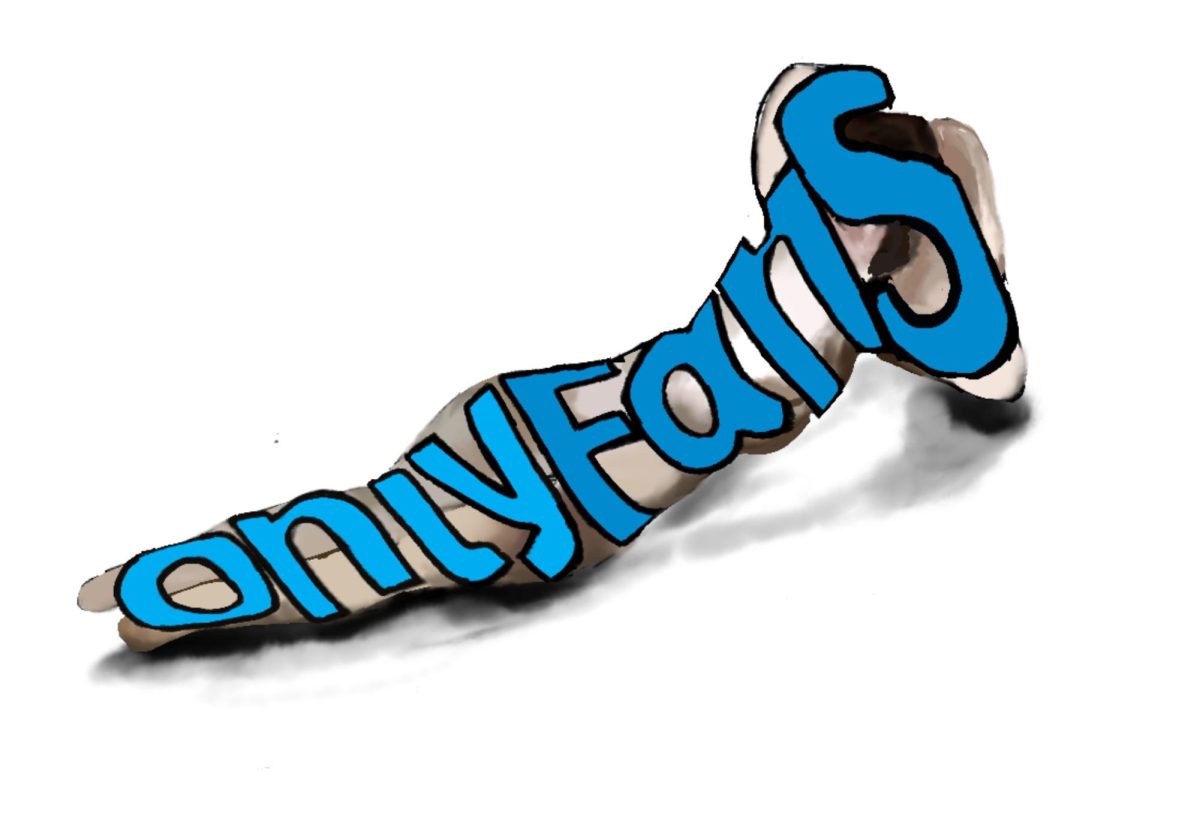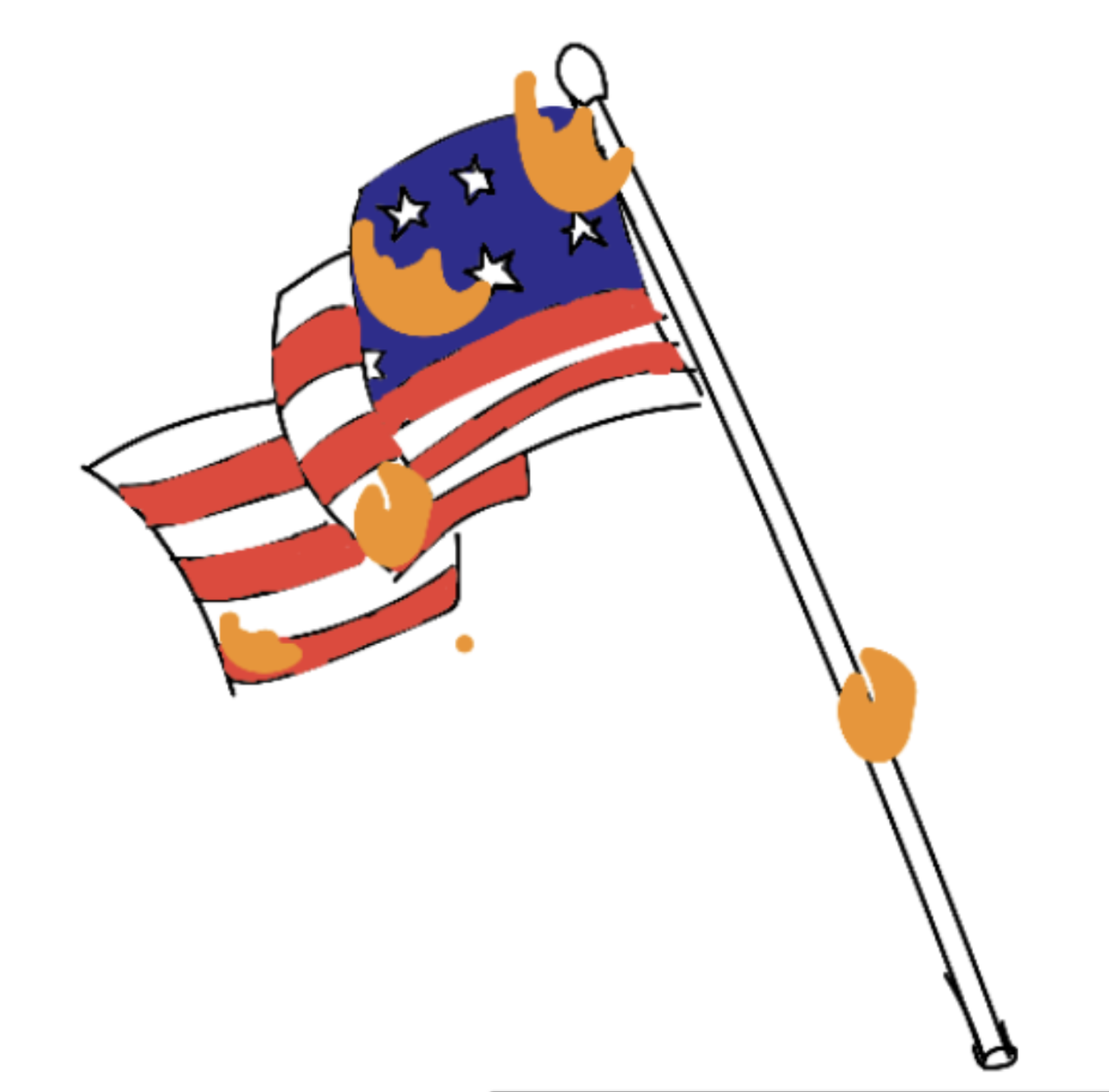In early May, a 13-year-old boy opened fire in his elementary school in Belgrade, killing 10 people. Less than 48 hours later, a 21-year-old carried out a shooting spree in Mladenovac and Smederevo. Despite having only four mass shootings in the last two decades, Serbia had suffered two in just two days.
At 8:30 in the morning on the third of May, 13-year-old Kosta Kecmanović used two of his father’s pistols to shoot a school security guard at Vladislav Ribnikar Model Elementary School. He then “went to the on-duty staff member and sat down at his desk like he did nothing wrong. There was one girl at her desk, another at the piano. He took their lives,” says Belgrade’s police chief Veselin Milić. He headed to a history classroom, shooting as he made his way down the hallway, before opening fire from the doorway on his teacher and the other pupils. “He left the classroom, went out into the schoolyard, releasing the magazine from the weapon, throwing it down the steps.” According to officials, Kecmanović called the police and waited until he was detained in the yard. Once police arrived at the scene, he was escorted by police in handcuffs and a jacket covering his head. Aside from the two guns, police also found four Molotov cocktails in his bag. When investigating further, authorities stated that there were sketches of the school in his room where he had planned how he would execute the attack, as well as a list of students’ names that he was going to target.
The victims include 14 students and 2 staff members, 10 of which are now dead. 9 people died almost instantly, and a young girl died of a head injury a day later after being in critical condition. Kecmanović and both his parents have been arrested, however, the motive for the attack is still unknown. Because of his age, he is too young to be legally charged, or to hold much responsibility. It is likely that he will be sent into a psychiatric facility since he is under 14. Both of the guns stolen from his father are properly licensed, and the boy had previously gone to shooting ranges with him before the attack.
A national three day mourning period had been announced to begin the Friday after the Wednesday shooting, but just when people were beginning to mourn and process the tragedy, shots fired again just southeast of Belgrade. On the evening of the fourth of May, 21-year-old Uroš Blažić randomly shot at people in villages of Malo Oraje, Smederevo, and Dubona, Mladenovac. The drive-by resulted in the deaths of 8 people, and left 14 others injured. Aleksandar Vučić, the president of Serbia, described the shooting as a crime on the entire nation. He also claimed the person who was detained wore a T-shirt bearing a pro-Nazi message. The weapons used were three pistols, a semi-automatic rifle, and a grenade. According to reports, the suspect forced a taxi driver to take him 60 miles south of Dubona to another area, where Serbian police eventually caught him following a nightlong manhunt. It is believed that the motive was to spread fear, and the targets were just the general public.
Serbia has more firearms per citizen than any other nation in Europe, ranking fifth in the world for gun ownership, with almost 40 guns per 100 people. However, these kinds of shootings are very uncommon in the country, in large part because of its demanding gun laws and amnesties for individuals who turn in or register illicit guns. According to Euronews, “Serbia’s populist government has launched a gun crackdown that includes a one-month amnesty for those who voluntarily hand over unregistered weapons, as well as stricter control of gun owners, a moratorium on new licences and prison sentences for possession of illegal guns.” Due to anger on gun regulation and action not being taken by the government, tens of thousands of people have protested. Many of the protesters screamed anti-government chants as they marched past governmental buildings. They blame Vučić for spreading a sense of helplessness and division throughout Serbia, which they claim somewhat contributed to the mass shootings. Protesters wrote hundreds of notes for Vučić, many of which urged him to resign. The protesters also demanded that pro-government newspapers that target political dissidents that potentially promote violent material have their broadcasting licences revoked by the government.
Since the attacks, Serbia has had time to process these losses, and it will definitely be a sensitive topic among citizens for some time. There haven’t been many updates on the legal situations of the attackers, and all the victims want justice to be served. The country’s aim is to make some change, and people’s reactions can help prevent events like these from happening in the future. Of course it is unrealistic to think it is possible to completely prevent shootings like this from occurring again, but the least we can do is try.




